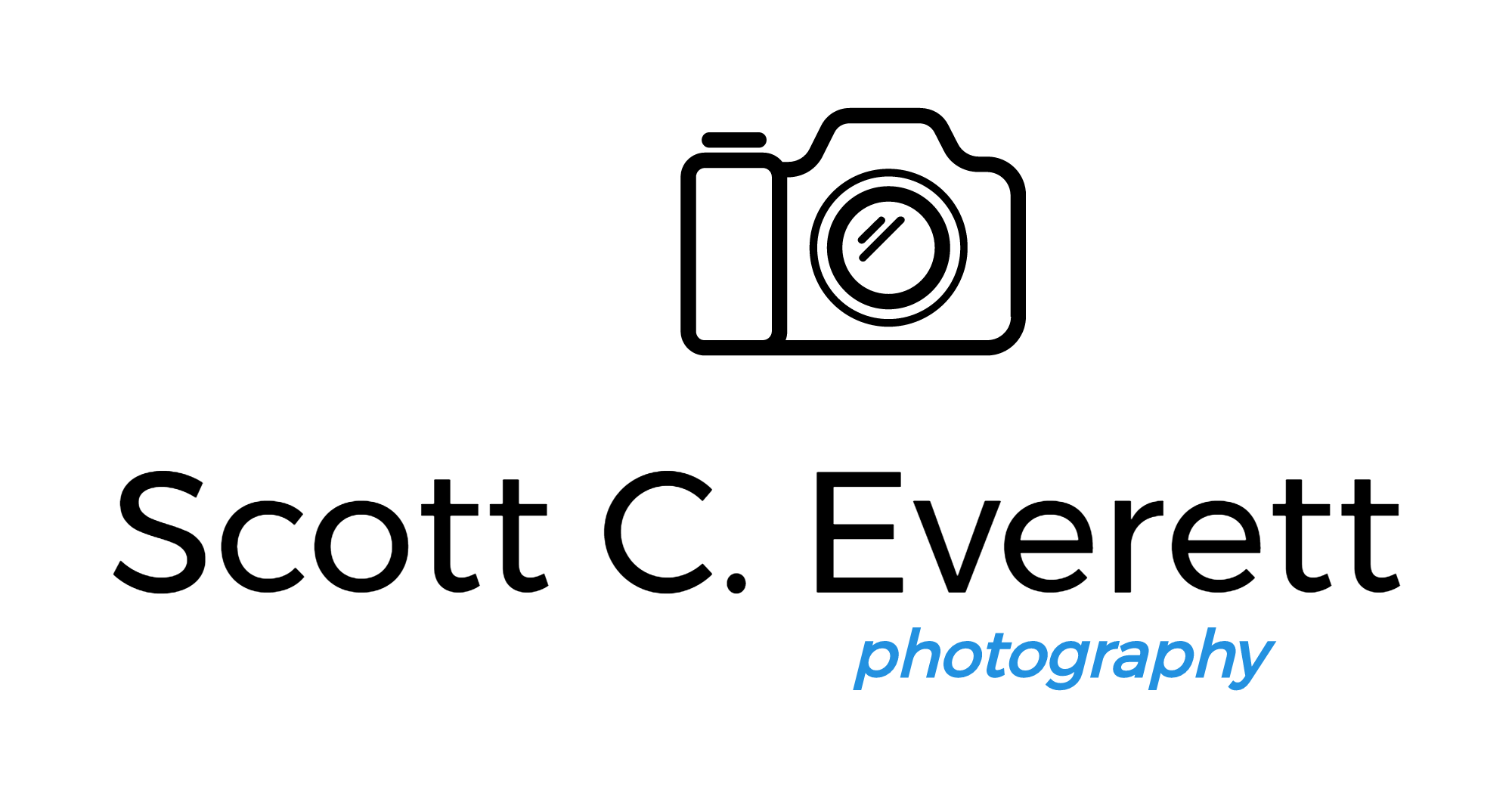When Am I A Photographer?
 Photo by Michael Porterfield (www.thetrueimage.com)
Photo by Michael Porterfield (www.thetrueimage.com)
Some of you out there may have asked yourself this question once or twice, some may not have even thought about it. I've always found it a pretty heady topic, but I think I tend to overanalyze things like this.
I think we can all agree with the trope "it's not the camera that makes the image, it's the photographer." If that is true, does that mean that the title is dependent on a scale of skill? How does that affect artists whose work I dislike?
I must admit that I throw the term around; most of us do. I call myself and anyone reasonably competent with a camera "photographer." Where is the demarkation, though? Can we call anyone with a camera a photographer? How about a cell phone camera? How about a DSLR on P-mode?
Now, I'm not going to be one of those snobs who complains that other people call themselves artists when they should know that I'm the only real artist in the room. There is room for everyone, but shouldn't we be more judicious in how we award the title?
Most of us start out the same way these days; we pick up a professional-ish camera, get a few neat images, figure out what an f-stop is, and call ourselves photographers. There is no certification program; there is no verification; there are schools, but we can learn all we need to know on the internet, right? So how do we decide who is a "real" photographer and who isn't?
I've read many critiques that profess all-inclusion: anyone who wants to call himself a photographer, can. I've also read many that profess exclusion: only someone approved by a respected member of the industry should be able to call himself a photographer. I've also read some that profess an equipment-based approach: someone who knows how to use a capable camera can call himself a photographer. And I've also read about a talent-based approach: someone who makes images that I appreciate can be called a photographer.
I say that the truth has nothing to do with any of those. In my opinion, there are two simple criteria.
First, you can start to consider calling yourself a photographer when you can't stop making compositions. Even if I'm not actually making photos with my camera, I'm constantly making images as I walk through my normal day. Even when walking by a brick wall, my thoughts are almost constantly focused on how to use it in my images; it could make a great background or wonderful abstract in the proper composition. Sure, I might not actively press a shutter button, but I've made a mental image for reference later. I've found that most people who do this are dedicated to their imagery. Those who don't take the time to study their own work, study others work, or observe the compositions all around them are generally not dedicated to it.
Next, you can probably consider yourself a photographer when your eyes have finally been opened to lighting. When you find yourself early in the evening walking around a tree to see how the texture changes when the sunlight hits it at different angles you know you've become committed to your craft. I find I do this around water quite a bit. As I'm walking around a spray of water I love watching the droplets appear and disappear when the light changes.
We know that photography as an art form is much more than just pressing a shutter button and hoping that something "comes out." It is the combination of knowledge of one's equipment, the right lighting, and the perfect composition. Let's reward those who strive to excel in these regards with elevated status as real Photographers.
